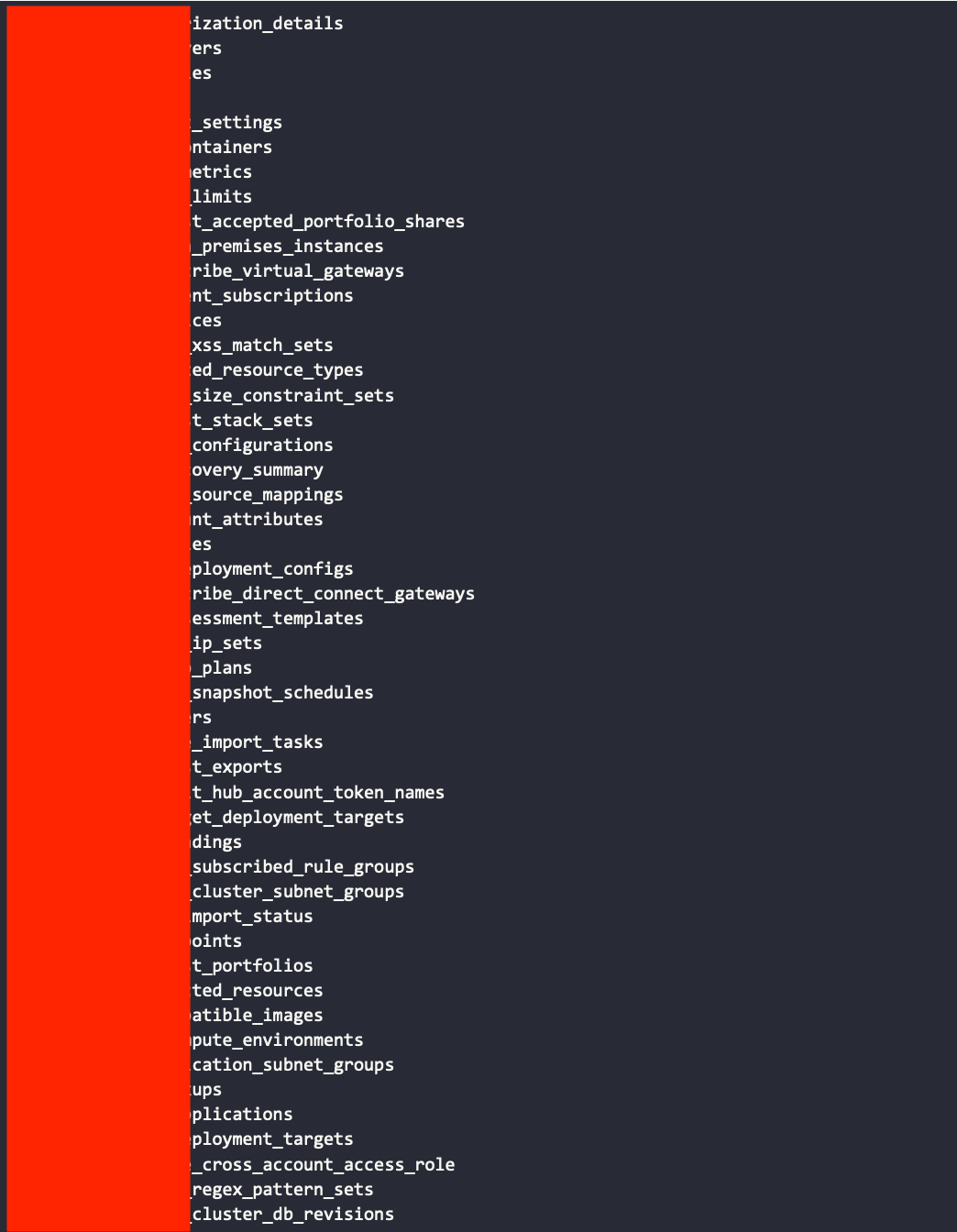🚀 CloudSEK has raised $19M Series B1 Round – Powering the Future of Predictive Cybersecurity
Read more




Security vulnerabilities often start small but can have massive repercussions if left unchecked. One such critical flaw was recently uncovered by CloudSEK’s BeVigil, where an unauthenticated API endpoint on a major recruitment service provider’s web application was found vulnerable to SQL Injection, potentially leading to Remote Code Execution (RCE) and unauthorized access to massive amounts of sensitive data.

BeVigil’s API Scanner identified a publicly accessible API endpoint vulnerable to SQL Injection
This could allow attackers to:

This SQL Injection vulnerability could have led to a large-scale data breach, putting customer and company data at significant risk.
Exposed customer details, payroll information, and financial records could lead to significant privacy violations and financial risk. In addition, unauthorized access to internal business records and confidential agreements compromises strategic information and business integrity.


Attackers could execute arbitrary system commands, potentially leading to a full compromise of the AWS cloud environment. Furthermore, the exposure of IAM credentials could have enabled lateral movement within the infrastructure, escalating the impact of the breach.


Exposure of critical business data could result in severe consequences, including financial fraud, regulatory fines, and potential lawsuits. Additionally, such incidents could lead to a significant loss of customer trust and cause lasting reputational damage.
Upon discovery, the following actions should be implemented to prevent further exploitation:
This incident underscores how a simple SQL Injection flaw can escalate into a full-scale cloud compromise. Organizations must proactively secure their APIs, databases, and cloud infrastructure to avoid catastrophic breaches. With BeVigil’s external attack surface monitoring capabilities, businesses can detect and patch vulnerabilities before they are exploited. Stay vigilant, stay secure.